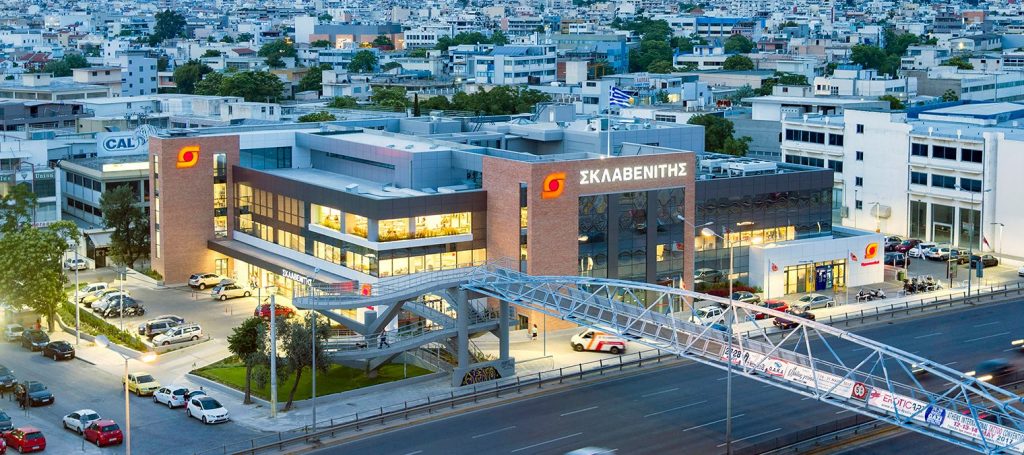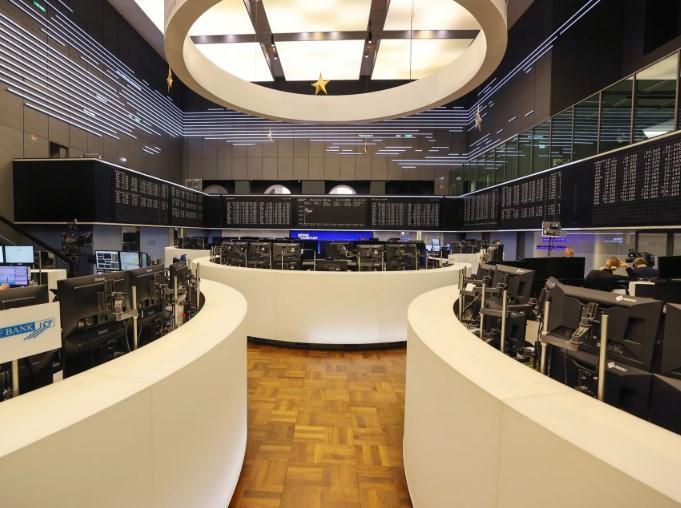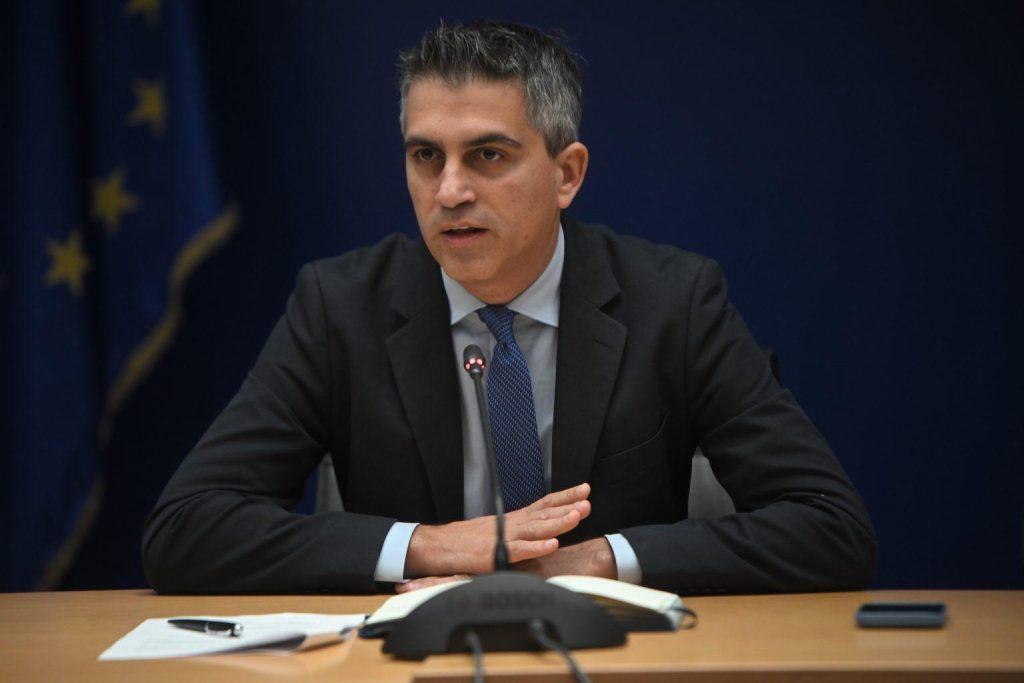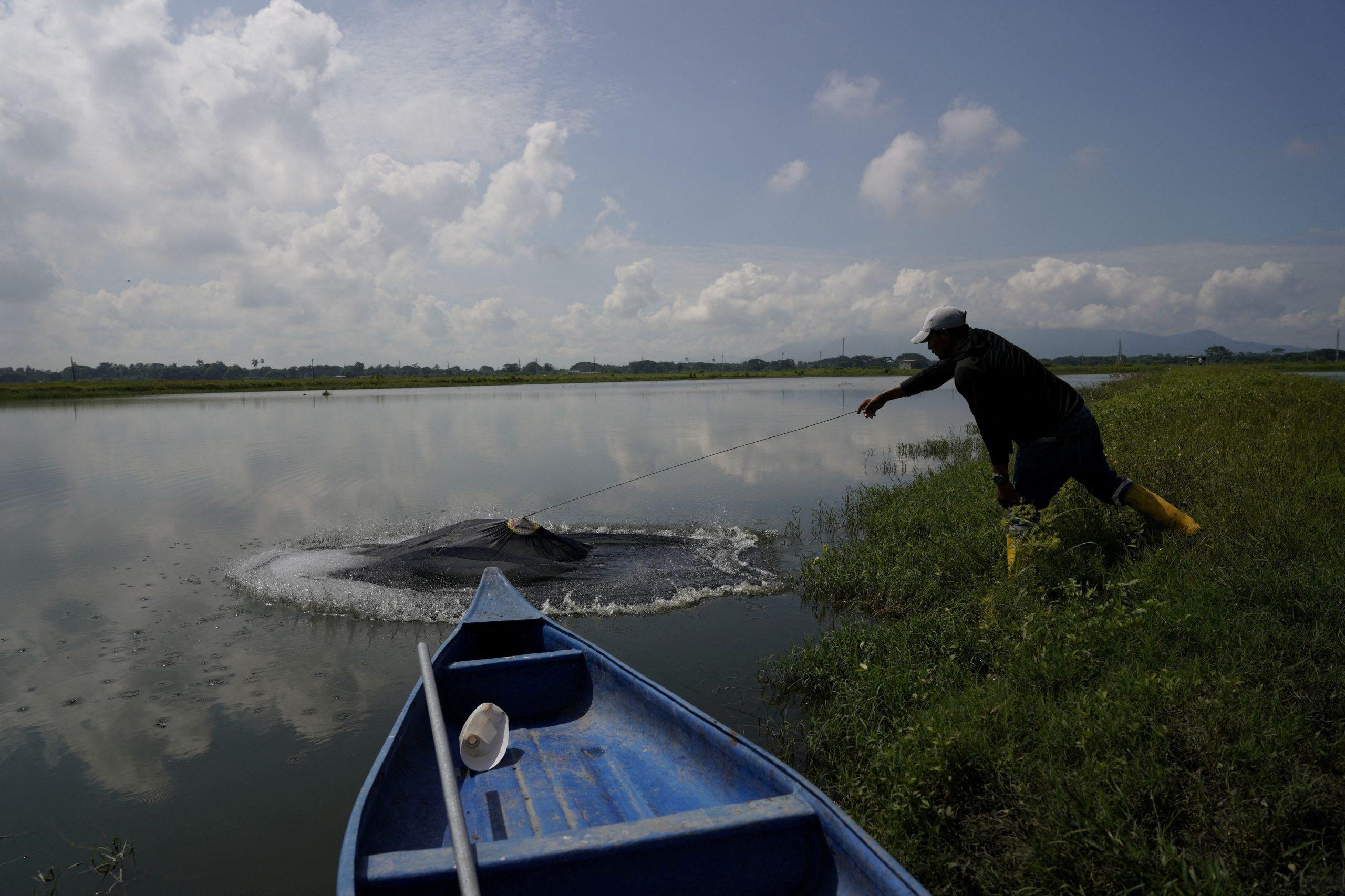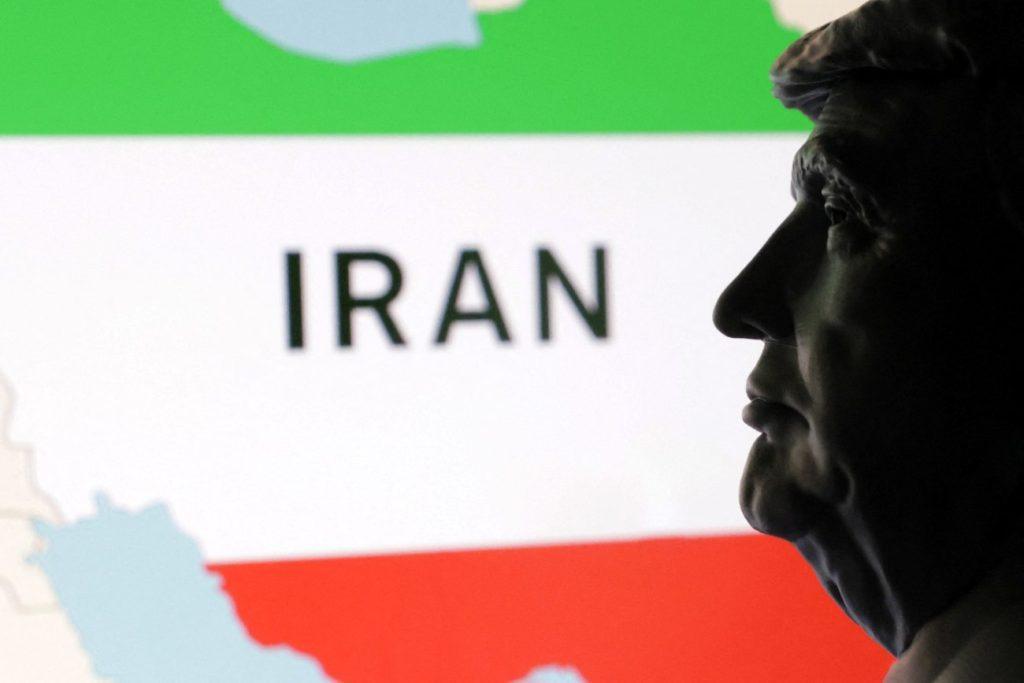Will the “numbers” of tourism “run” faster than the “numbers” of inflation and energy costs? This question is to be answered by the domestic cash and carry market, whose representatives before the Russian invasion of Ukraine were preparing for a good year with the peak of the very positive momentum during the tourist flows.
Having returned to pre-Covid performance as early as 2021 (according to NielsenIQ data, the cash and carry chains achieved in 2021 revenue growth of 5.3%, closing at 1.088 billion euros) and its course so far 2022 to move without ups and downs the big issue of the cash and carry market is how to eliminate the profit terminator, which is none other than the increased operating costs.
Sklavenitis
The Mart, a wholesale arm of Hellenic Supermarkets Sklavenitis, which in 2021 showed an increased turnover of 342.3 million euros (+ 7.5% compared to 2020) and a 250% increase in net profits, typically states that so far the course of the company’s operations shows that the fiscal year 2022 will also be profitable.
“But the uncertainty about the evolution of Covid 19 and its mutations, the war in Ukraine, and the corresponding disruptions in the supply chain, as well as the upward course of inflation, make any prediction unfounded. Continuous appreciation of commodities carries the risk of a negative impact on the company’s gross profit margins. The rise in the price of energy, as well as other operating expenses, will push its results “, the company’s management notes, adding that” the company faces these risks by partially passing on the respective increases in the final goods, implementing an investment program aimed at reducing the effects of rising costs, mainly energy, close monitoring of operating costs, as well as attracting new customers with successful promotions “.
It should be noted that last year’s turnover performance of The Mart was 4.2% higher than in 2019.
In terms of profits, The EBITDA of The Mart, increased by 46% to 18.8 million euros, pre-tax profits amounted to 8.2 million euros, recording a significant increase compared to 2.4 million euros in 2020, while Respectively, the net profitability was particularly improved, which amounted to 6.3 million euros in 2021 compared to 1.8 million euros in 2020, ie three and a half times more.
METRO
Energy costs are also a big challenge for Aristotelis Panteliadis, head of the retail and wholesale group METRO.
For the next five years, the METRO group is going to invest around 250 million euros, 25% of which will be directed to “green” actions, such as the energy upgrade of buildings and the development of photovoltaic systems on the roofs of Metro and My Market stores for private use through net metering.
For the wholesale chain of the METRO Cash & Carry group, the expansion of existing stores such as those of Chalkida and Ioannina is planned, among other things, while in 2021 4 METRO Cash & Carry outlets were renovated.
Online sales
In order to be one step away from the competition in relation to the traditional wholesale trade, the organized wholesale chains invest not only in the physical networks but also in electronic B2B sales.
In this context, the online wholesale store of Metro Cash and Carry started operating, which is addressed to all catering and Ho.Re.Ca. professionals but also retail.
It is recalled that the Greek Sklavenitis Supermarkets took first “position” in the electronic wholesale by proceeding in February 2019 with the launch of the e-shop of the Mart.
The expansion of the electronic channel for the strong of organized wholesale is an important development outlet, given the “geographical” saturation in the network of physical wholesale stores in the domestic market.
Regarding the dynamics of networks, nothing has changed in recent years. The total number of stores of all players is about 115 points of sale. The leading position in the market is maintained by Metro Cash and Carry with 50 stores, followed by the Greek Supermarkets Sklavenitis through The Mart, AB Vassilopoulos with ENA, Pente (Galaxias) and Masoutis.
